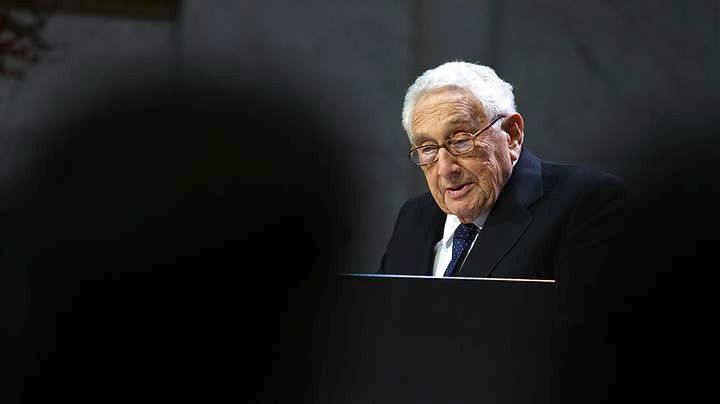By Michael Rubin
(This article appeared in The Washington Examiner on June, 16, 2022)
Turkish President Recep Tayyip Erdogan’s rejection of Sweden and Finland’s NATO accession underlines an important truth.
Namely, how Turkey is now more of a liability to Western security than it is an asset. Iraq, Syria, Armenia, Greece, and Cyprus all grapple with Turkish aggression. Turkey victimizes religious minorities at home and abroad. Ethnic cleansing continues. Despite it all, Western appeasement of Turkey also continues.
There are several reasons for this. Some diplomats believe in a Turkey that once was, rather than what Turkey today has become. Others believe punitive policies could allow Erdogan to play the nationalist card to bolster his reelection prospects. This is ignorant, however, because it presumes that someone as power-hungry as Erdogan would accept an unfavorable outcome at the ballot box. Still others are simply corrupt and hope to attach themselves to the Turkish gravy train.
That said, Turkey’s appeasement is not new. Former Secretary of State Henry Kissinger normalized it almost a half-century ago when he secretly backed Turkey’s invasion of Cyprus. The decisions he made then have greater consequences today than those surrounding the Vietnam War. While time overcame enmity in Southeast Asia, Kissinger’s decisions in the Eastern Mediterranean at best froze an otherwise resolvable crisis and at worst might spark renewed conflict.
The spark for the Turkish invasion was a July 15, 1974, coup in Cyprus encouraged by the Greek junta that wanted to annex the island. The junta was a Kissinger client, and both the State Department and then-Sen. J. William Fulbright warned Kissinger of the impending coup. Five days later, Turkish forces invaded Cyprus and seized 3% of its territory to block annexation. Just four days after that, the Greek military regime collapsed, and Greece embraced the democracy that continues to this day. Any reason for foreign military intervention evaporated. At the time, Turkey’s leadership wanted to distract from its poor economy and so manufactured reasons to resume its conquest.
A month later, without any casus belli and amid peace negotiations in Geneva, Turkey resumed its attack and seized 10 times more territory, unleashing ethnic cleansing that even the Greek junta had never considered. Declassified documents show that, in this, Turkey had a friend in Kissinger.
Even though Greece was both a democracy and a staunch ally of the United States, Kissinger saw an opportunity to appease Turkey. “There is no American reason why the Turks should not have one-third of Cyprus,” Kissinger counseled President Gerald Ford, who had assumed the presidency just days before. “The Turkish tactics are right — grab what they want and then negotiate on the basis of possession,” he added. Kissinger privately greenlighted the land grab in conversations with Turkish Prime Minister Bulent Ecevit. What Kissinger never explained was why it made sense to betray an ally like Greece. Turkey, after all, would not defect to the Soviet sphere if Washington vetoed the occupation, nor was the U.S. powerless: In 1956, President Dwight Eisenhower stood up to Britain and France over their attack on Egypt over the Suez Canal nationalization. The conflict strained NATO, but the alliance both survived and became stronger for a definitive end to the conflict.
Contrast that with the Eastern Mediterranean.
The problem is not simply Erdogan but rather that Kissinger’s moves signaled to the broader Turkish establishment that aggression works. Kissinger flattered the Turkish notion that size matters. No matter what their provocation, Turkish leaders now believe that Washington will defer to their size and throw any smaller country under the bus. Not only does the northern part of Cyprus therefore remain Europe’s last occupied territory, but Erdogan now believes force might win him possession of Greece’s Aegean Islands.
Kissinger was wrong, and it will take crippling sanctions on Turkey, an end to the Cyprus military embargo, and further U.S. deployments in the Eastern Mediterranean to right historic wrongs and deter new conflict. In the meantime, Kissinger should apologize to Greece and Cyprus. There would be no better way to signal to Turkey that its age of imperialism is over.









